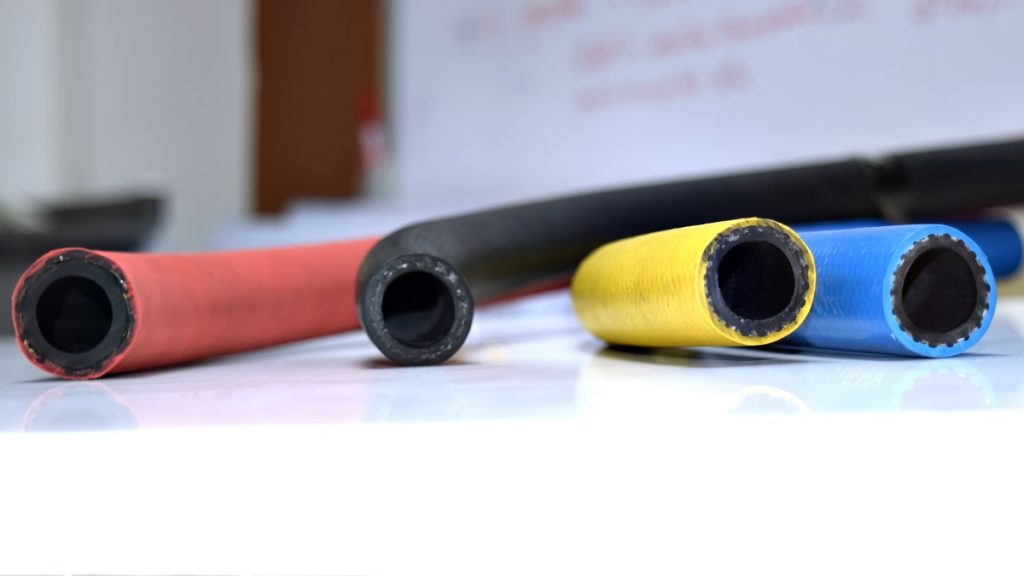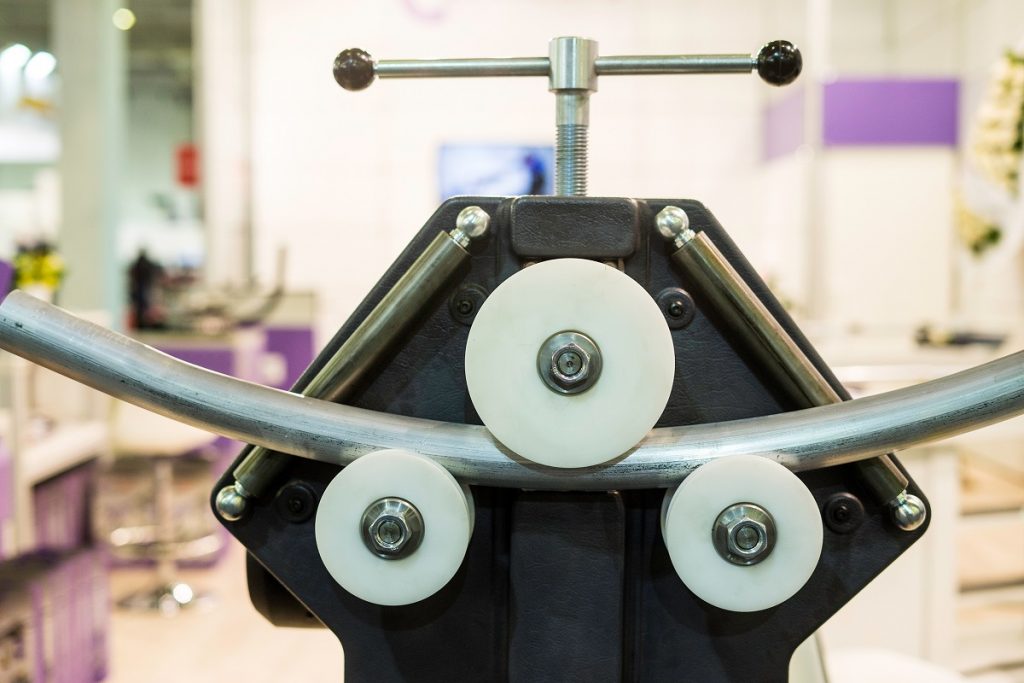Roll forming is one of the standard processes among most industries. This is a technique in which a sheet or strip of metal will be passed through a set of rollers until you achieve a specified cross-section profile.
There are different machines which can be used for this process through the roll bender is the most effective solution. The primary component of this machine is its rollers. This will not only bend your material but will also facilitate its movement along your production line.
One of the key elements which will differentiate one roll bender Baileigh from another is the material of its rollers. The rollers will be the contact point with your product and will hence dictate the geometry, features, and function of your roll bending machine.
The following are the material options for the rollers which will suffice for your production.
Metal
The common metals used in roll bending machines are steel and aluminum. Steel rollers are typically the leading option of the two owing to the material’s corrosion resistance. They are also chosen for their simplicity, and ability to withstand considerable wear and tear.
The Rockwell B scale rating of steel rollers is 65–100 compared with the 60 of aluminum rollers. This means that steel is harder and more durable compared with aluminum and will also hold up to high temperatures better than the latter. Metallic rollers will suffice for all industrial processes dealing with bulky materials.
Urethane
Urethane can be formulated in several hardness levels to handle a broad range of products. It is wear-resistant, can be bonded to various substrates and comes in multiple shapes including crowns, notches, and grooves. Urethane rollers are available as drive, idler, pinch, conveyor or V-rollers.
They are the ideal choice for the marine, packaging, steel, plastic, and food processing industries because of their high sanitation levels and ease of cleaning. The rollers will also suffice for commercial and newspaper presses and woodworking machinery.
Rubber
 EPDM, silicone, natural, ebonite and nitrile are some of the rubber varieties used for the production of industrial rollers. Rubber rollers are generally used in applications that require substantial holding friction and contact forces and delicate operations.
EPDM, silicone, natural, ebonite and nitrile are some of the rubber varieties used for the production of industrial rollers. Rubber rollers are generally used in applications that require substantial holding friction and contact forces and delicate operations.
As such, they are the leading alternative in the textile and paper manufacturing industries. Rubber rollers come in crowned, knurled heard and grooved varieties which have higher grip strength and friction on your material compared to the straight rollers.
Resin
Resin rollers have similar properties to those of rubber and urethane. They are however metallic core base rollers in actuality that have undergone the application of a resin coating on their surfaces.
They are used in similar processes as those in which urethane and rubber will suffice and for processes, which require a soft touch. Resin rollers only come in straight shapes but can have different specifications for their bearings and bolt hardware.
Rollers are probably the most recognizable elements in manufacturing nowadays. Picking the right material for your industry’s roller is essential to guarantee they boost rather than hamper your manufacturing process. The rollers used in bending machines are available as conveyor, solid and pipe benders in any of the above materials.
